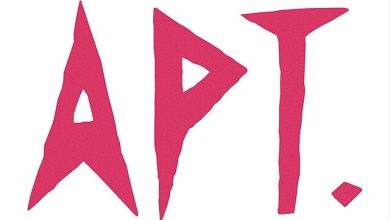
How to Boost Worker Safety in the Waste Management Niche
If you have a business in the waste management niche, it’s important to ensure the safety of your workers. Waste management comes with a variety of health and safety risks that should be addressed by employers. Here are some tips on how to boost worker safety in the waste industry:
Provide Proper Personal Protective Equipment (PPE)
Above all else, employers should ensure that their workers have the necessary personal protective equipment to keep them safe while they’re working. The type of PPE needed will vary depending on the exact nature of the job, so it’s important to consult with a safety expert who specialises in this field. Common items include gloves, face masks and protective eyewear, and employers need to make sure that this equipment is checked regularly for any signs of damage or wear and repaired or replaced as necessary.
Enforce Strict Safety Protocols
Employers should also make sure that their workers are aware of the health and safety protocols they must follow while on the job, and should be strictly enforced. Waste management workers must always adhere to safety standards when dealing with hazardous materials, and should be trained in how to spot potential risks or hazards and take the appropriate action. Employers should also set up systems for reporting dangerous conditions or other health and safety issues.
Provide Regular Safety Training
A key aspect of boosting worker safety in waste management is providing regular safety training to employees. This should include refresher courses on health and safety protocols, as well as specialised training for certain tasks. Employers should also provide adequate equipment and materials to workers, including protective clothing, gloves, goggles and masks.
Provide the Right Equipment
Whether it’s a bin lifter or a sorting line, the right equipment can make a big difference in boosting worker safety. Employers should ensure that all equipment used is fit for purpose and regularly maintained. Furthermore, any hiring or maintenance of new machinery should also involve proper health and safety procedures.
Encourage Reporting
Workers should be encouraged to report any concerns they may have about safety. This could be anything from a damaged piece of equipment to a dangerous situation on the job site. Employers should provide an anonymous way for workers to report these issues and take action when they are reported.
Create Emergency Plans
In case of an emergency, all employers should have an emergency plan in place that covers how to respond safely and efficiently. It should include the appropriate evacuation routes, contact information for emergency services and an outline of the treatments that are available to workers who have been injured on-site.
Third-Party Audits
Having third-party audits of the wastewater management sites can help employers identify any potential safety issues and address them quickly. These audits should include a review of the company’s processes, equipment and personnel to ensure they are up to standard with the current health and safety regulations.
When you’re closely involved in a business, it can be easy to overlook potential safety issues; that’s why having a third-party audit can help you identify any weak points in your system.
By following the recommendations of the audit, employers can ensure that their site is safe and secure for employees. Having regular audits also helps to ensure a safer working environment as any changes in regulations or conditions can be quickly identified, allowing companies to make adjustments sooner rather than later.



